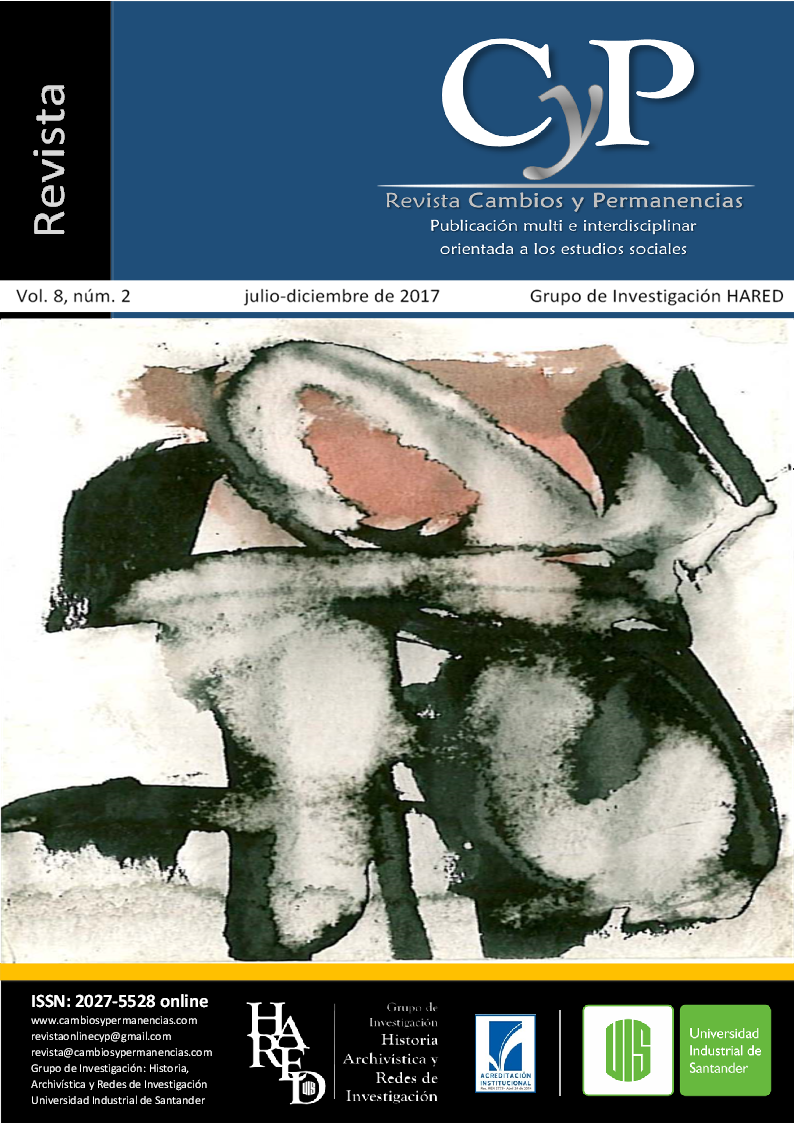Keywords
- Ontology,
- Arithmetic,
- Metaphysics,
- Zermelo-Fraenkel,
- Badiou
How to Cite
Abstract
The ontological status of number and other mathematical objects appears throughout the whole history of philosophy. In classical antiquity, mathematics was mainly understood as geometry, and it was specially regarded because of the axiomatization of its principles. This allows geometry to be built from a “ground zero” and through self-evident principles, which provides a foundation for its precision.
Regarding arithmetic, the same problem is deceptively simple: we use it to count with our fingers, and we may depend on the surety that there is a reason for it to work. Our intuition of small natural numbers seems to be self-evident. We always have ten fingers, and we always have five on each hand. The result of simple operation never surprises us because of its constancy. We are able to apprehend quantity at such an early stage of our cognitive development that we do not remember how we came to believe in arithmetic as if it was self-evident.
The following text will attempt to explain Alain Badiou’s interpretation of his thesis that “mathematics is ontology” through an exposition of the history of the question of the ontological status of numbers until its resolution in the twentieth century with the creation of Ernst Zermelo and Abraham Fraenkel’s axiomatic system. The exposition will be divided in three parts: the discussion of numbers as entities in Aristotle, the conception of numbers as objects in Kant and, finally, the post-Cantorian conception of numbers as sets.
Downloads
References
Annas, J. (1975). Aristotle, Number and Time. The Philosophical Quarterly, 97-113.
Aristóteles (1994). Metafísica. Madrid: Gredos.
Badiou, A. (1999). El Ser y el Acontecimiento. Buenos Aires: Manantial.
Badiou, A. (2009). Teoría del Sujeto. Buenos Aires: Prometeo.
Frege, G. (1973). Fundamentos de la aritmética. Barcelona: Laia.
Harman, G. (2010). Towards speculative Realism: Essays and Lectures. Hants: Zero Books.
Kant, I. (2010). Crítica de la Razón Pura. Madrid: Gredos, Vol. I.
Lear, J. (1982). Aristotle's Philosophy of Mathematics. The Philosophical Review, 161-192.
Mueller, I. (1970). Aristotle on Geometrical objects. Archiv für die Gesch. der Philosophie, 156-171.
Parsons, C. (1992). Kant's Philosophy of Arithmetic. En J. P. Carl (Ed.), Kant's Philosophy of Mathematics (pp. 43-79). Dordrecht: Kluwer.
Platón. (1988). Parménides en Platón, Diálogos. Madrid: Gredos, Vol. V, 30-136.
Tho, T. (2008). The consistency of inconsistency: Alain Badiou and the limits of mathematical ontology. Symposium: Canadian Journal of Continental Philosophy, 70-92.
Tho, T. (2010). Remarks on Aphaeresis: Alain Badiou's Method of Subtraction between Plato and Aristotle. Filozofski Vestnik, 31(3), 57-190.


